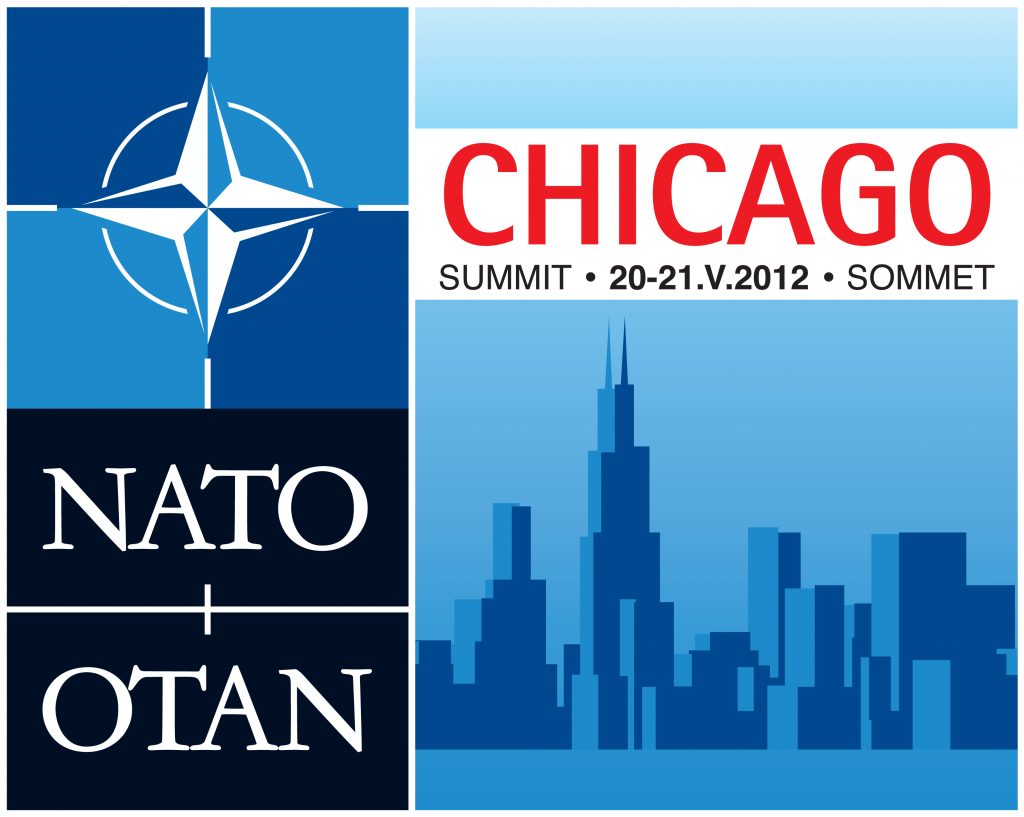
From Tomas Ries, the New Atlanticist: A ship is adrift in a foggy sea. The crew are in their bunks, the officers argue about their mortgages, and the captain has left.
The captain has left because the United States no longer believes NATO can contribute significantly against any serious global strategic challenges. An occasional bit player, yes: a partner with the will and capability to contribute significantly, no.
The officers don’t care because this generation of European leaders no longer thinks strategically. They are lulled by a cloudy security environment, divided by national priorities, and buried under the stream of short term concerns. (Of which the pending meltdown of the eurozone admittedly is an existential challenge.)
And the crew are in their bunks because European NATO cannot deploy more than 5 percent of the 1.7 million European troops costing over $260 billion annually. Even Europe’s limited Libyan operation only happened because the United States provided the electronic jamming, air defense suppression, 80 percent of the fuel, and most of the crucial surveillance, airborne refuelling and precision bombs.
NATO–or more specifically European NATO–has been overwhelmed by globalization. The problem is not external challenges but the inability of the European allies to adapt coherently to a globalizing security environment. The result is a lost alliance: unable to orient itself, unable to look forward, unable to specify vital strategic interests beyond basic platitudes, unable to agree which future threats to focus on, and unable to generate military forces capable of adressing them. Instead, NATO has gone into denial and fiddles with details.
And thus Chicago. None of the three big Summit baskets–Afghanistan, future capabilities, and strengthened partnerships–are strategic. Difficult and important, yes; but strategic, no. The two truly strategic concerns that the summit adressed were both kept at the margins: extended US nuclear deterrence for European NATO and cybersecurity. But these are largely US driven and funded, and with less than 200 ageing gravity bombs remaining in Europe compared to over 2,000 Russian theatre nukes, including the ongoing deployment of latest generation Iskander missiles, the poor state of NATO’s nuclear deterrence overshadows the Summit’s TMD commitment. Apart from this all we got was a substrategic agenda for a substrategic alliance. . . .
And that was Chicago. Big progress on secondary issues with a lot of embarrassed elephants in the room and headlines that were more interested in the protests than on the Summit. It’s not funny because in the coming decades the Atlantic community will need NATO. And the lost Europeans will need it the most.
Tomas Ries is a member of the Atlantic Council’s Strategic Advisors Group, and is a senior lecturer at the National Defence College Sweden. This piece is part of a series of New Atlanticist pieces on NATO’s 2012 Chicago Summit.
Image: Logo_Chicago.jpg
